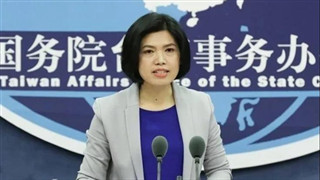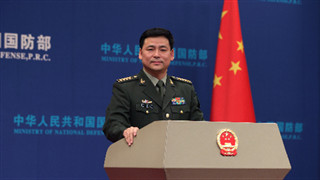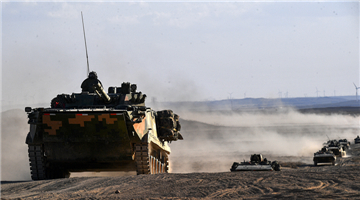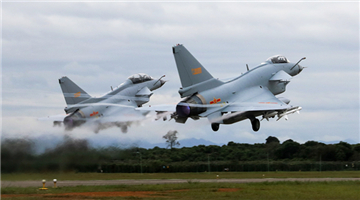
Xu, 95, first joined the Eighth Route Army in 1942 and fought in the War of Resistance Against Japanese Aggression (1931-45). During the training of recruits, he learned the story of General Yang Jingyu, a commander-in-chief of the Northeast Anti-Japanese United Army who sacrificed his life two years before. He was deeply touched and vowed to learn from Yang's spirit and defend his homeland.
In a battle in East China's Shandong province, he was hit in the back by a cannonball but insisted on continuing to fight in the war, earning him a first-class merit order. After the war ended in 1945, he participated in the War of Liberation (1945-49) and then the War to Resist US Aggression and Aid Korea.
In 1958, 18 years after General Yang died, Xu retired from the military and made a decision to guard Yang's cemetery, which surprised everyone.
"There are many people across the country who admire General Yang Jingyu. I am guarding his cemetery not only for myself, but also on behalf of my comrades who made the sacrifice. When I stay in the cemetery, I feel like I am still with my comrades," he told Xinhua News Agency.
Over the next few decades, he led staff members to repair the cemetery, plant more trees and collected materials that record the history of the Northeast Anti-Japanese United Army. After he retired, he passed on this job to his son to continue the work.
In 2004, the local government funded the establishment of the memorial hall for the Northeast Anti-Japanese United Army at the cemetery.
As a national patriotism education base, the site now receives more than 100,000 visitors annually. Until a few years ago, Xu still gave revolutionary lessons to students and soldiers and shared moving stories and personal experiences.











